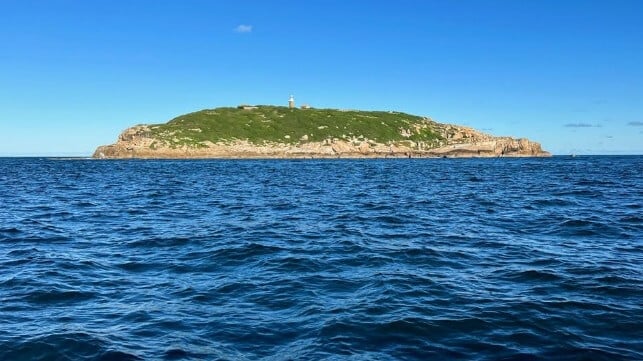Australia’s Star of the South Revises Plan Based on Feasibility Studies

A large wind project widely considered to be Australia’s first large offshore wind farm provided a critical update defining the project after five years of feasibility studies and consultations. The Star of the South, which received its exploration license in 2019 continues to be at the forefront as Australia moves towards its first offshore wind farms.
“We’ve learned a lot since we first set out to explore the potential for offshore wind in Gippsland five years ago,” said Star of the South CEO Charles Rattray in his latest update. “We’ve collected vast amounts of scientific data and listened to local advice to help develop a project that can contribute to Victoria’s energy security, the environment, and local communities. There’s also new technology, new government requirements, and a fast-evolving energy landscape to adapt to as we plan for Star of the South.”
Star of the South is proposed to be located off the south coast of Gippsland in Victoria southeast of Melbourne and near a key industrial area. The broad plan calls for up to 2.2 GW that would power the equivalent of around 1.2 million homes. Experts point out it would be a critical contributor both to Victoria’s goal to transition toward sustainable power and as the Yallourn Power Station, the second largest in Victoria, is scheduled to close in 2028. The coal-fired thermal power station while largely decommissioned still provides 1,450 megawatts to the region.
Star of the South secured a Commonwealth Feasibility License in May 2024 which confirmed the project’s location at least 10 km (6 miles) off the coast – a further 3 km (nearly 2 miles) offshore than originally planned.
Other significant changes have been incorporated during the planning phase including it has reduced the number of turbines from 200 to 150, reflecting advancements in turbine technology. The positioning has also been adjusted in the plan both to avoid reefs and protect the marine habitat, as well as increase the gap between the ocean and turbine blades based on bird light height data. The distance was increased to 35 meters (115 feet) from 25 meters (82 feet).
The company reports it is also exploring technologies to reduce underwater construction noise. They have determined to use a “no trench” construction method to bring the cables ashore to protect the beach and are adapting the underground transmission route to meet requirements from VicGrid, a government agency charged with coordinating the planning and development of Victoria’s Renewable Energy Zones and transmission infrastructure.
Star of the South is being assessed through Australia’s stringent environmental laws, with multiple approvals required from Federal and State governments before it can proceed to construction. The project developers a private group in Australia have said their goal is to have the wind farm in commercial operation by 2030.
